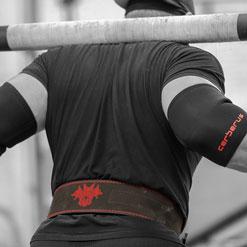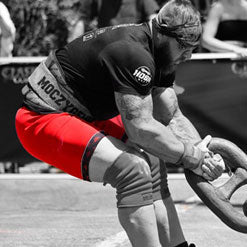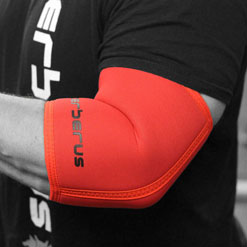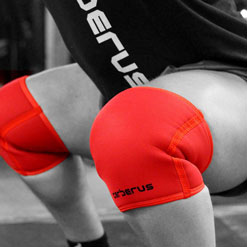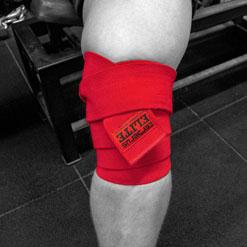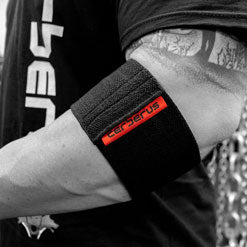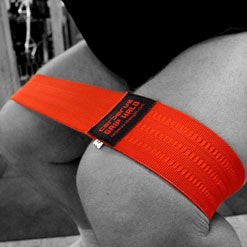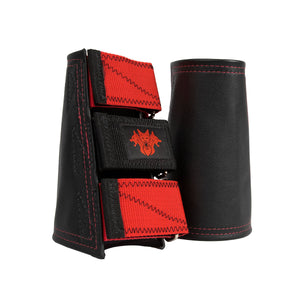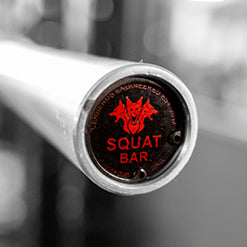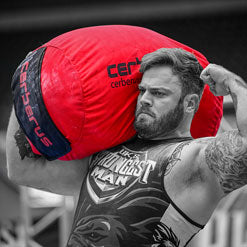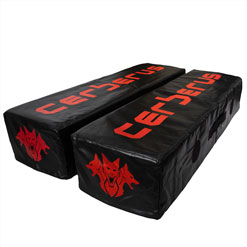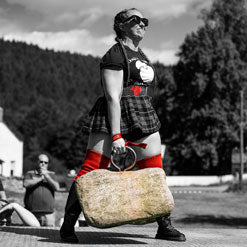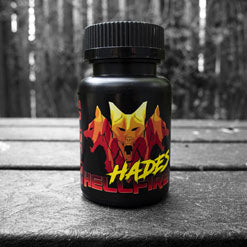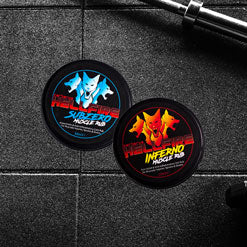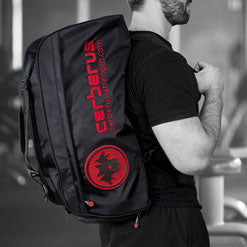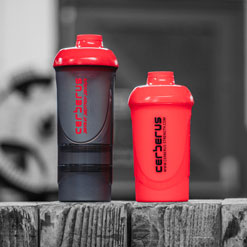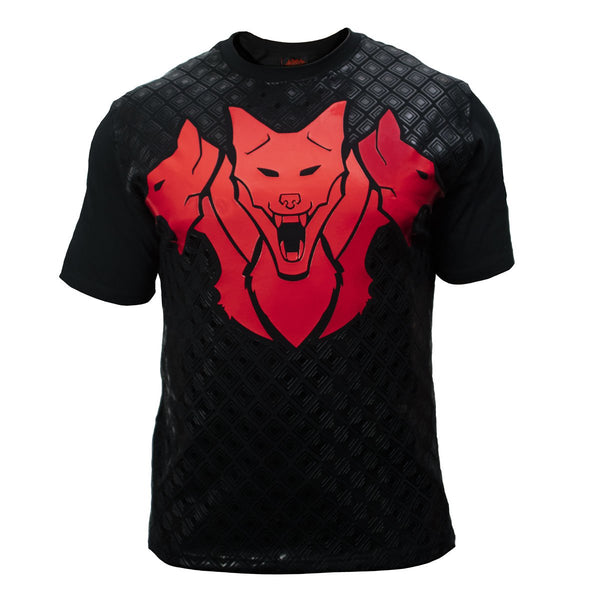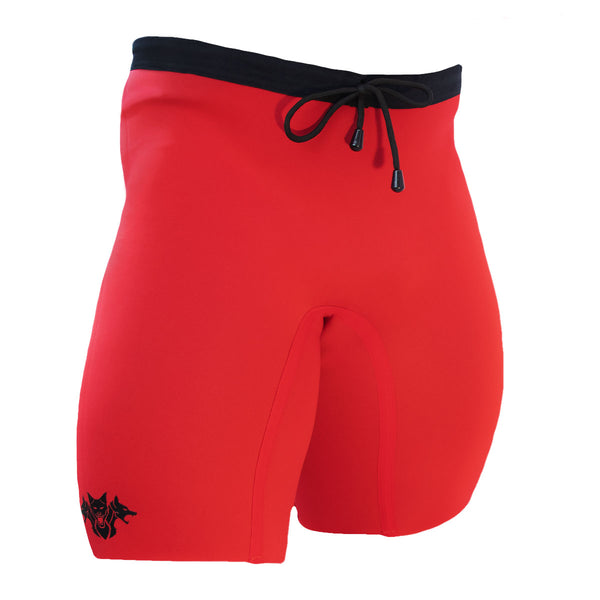
In the realm of competitive lifting, whether it's powerlifting or strongman events, physical strength is only part of the equation. Mental fortitude, or the ability to persevere through challenges, maintain focus under pressure, and bounce back from setbacks, is equally crucial. This guide delves into strategies for developing the psychological resilience needed to excel in the competitive lifting scene.
The Importance Of Mental Toughness In Competitive Lifting:
Mental toughness in competitive lifting is about more than just grit; it's about cultivating a mindset that embraces challenges, focuses on growth, and remains undeterred by the inevitable ups and downs of competition. Athletes with strong mental resilience can push their limits, stay motivated, and perform their best under the intense pressure of competition.
Strategies For Building Psychological Resilience:
1. Goal Setting and Visualization: Establish clear, achievable goals for both training and competition. Use visualization techniques to mentally rehearse successful lifts and outcomes, enhancing confidence and focus.
2. Mindfulness and Meditation: Incorporate mindfulness practices and meditation into your routine to improve concentration, reduce stress, and enhance present-moment awareness. These techniques can help manage competition nerves and improve overall mental well-being.
3. Positive Self-Talk: Cultivate a habit of positive self-talk to counteract negativity and self-doubt. Replace critical or defeatist thoughts with affirmations and constructive narratives about your abilities and preparation.
4. Stress Management Techniques: Develop a toolkit of stress management techniques, such as deep breathing exercises, progressive muscle relaxation, or even yoga. These can help lower anxiety levels before and during competitions.
5. Embrace Challenges: View challenges and setbacks as opportunities for growth rather than threats to your success. Adopting a growth mindset encourages resilience and a continuous pursuit of improvement.
6. Seek Support: Build a support network of coaches, teammates, and mentors who understand the demands of competitive lifting. Sharing experiences and receiving encouragement can bolster your mental strength.
Applying Mental Fortitude To Training & Competition:
- Pre-Competition Preparation: Use the days leading up to a competition to engage in mental preparation, reviewing your goals, practicing visualization, and ensuring your mindset is focused and positive.
- During Competition: Stay present, focusing on one lift at a time. Utilize your stress management techniques to maintain composure, and rely on your positive self-talk to keep confidence levels high.
- Post-Competition Reflection: Regardless of the outcome, reflect on your performance to identify learning opportunities. Celebrate successes and formulate plans to address areas of improvement.
Building psychological resilience is a dynamic process that requires consistent effort and application. By integrating mental fortitude strategies into your training, you can enhance your ability to perform under pressure, overcome obstacles, and achieve your competitive lifting goals. Remember, mental toughness is as trainable as physical strength, and dedicating time to develop it can lead to significant gains in competitive performance.
Developing mental fortitude is a critical aspect of success in competitive lifting. By focusing on goal setting, mindfulness, positive self-talk, stress management, embracing challenges, and seeking support, athletes can build the psychological resilience needed to thrive in the competitive arena. Start incorporating these strategies into your routine to unlock your full potential as a competitive lifter.









